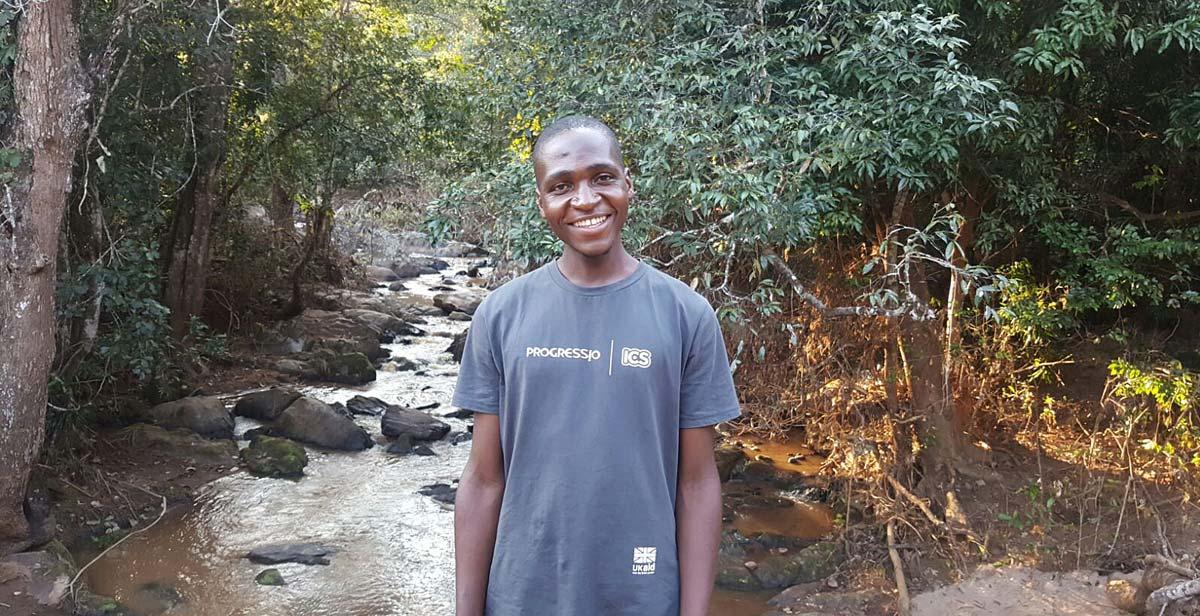To think about what happens in the ICS programme, it is a great achievement. This programme really takes you to another level in life because of the confidence, skills and knowledge you can gain from taking part in ICS. The amazing and fantastic knowledge you gain by the end of the twelve weeks can contribute to big achievements in your life, as you may be more capable to pursue your own plans in life with the confidence and skills you gain from the ICS placement.
Now everyone understands that confidence can be increased, and different people express it in different ways. However, the sorts of skills that are achievable from ICS are also communication skills, interpersonal skills and speaking in public.
The partnership with the volunteers, especially those from the UK, helps to create an environment for skills and knowledge sharing. This may seem challenging at the start, for example one may not be familiar with the UK volunteers’ language and culture and they usually speak fast. But, with time, all the volunteers from both corners of the world may become more familiar with the differing cultures and languages.
I think we have lots to learn from our UK colleagues in the way of living and culture, as we will also be able to share our culture and way of living with them so that they are able to act on it. I hope by the end of the day we will both be able to change and for the better.
We have so many things in common, and in some ways we differ. But the most shocking difference, for myself, is the type of marriages they conduct, which I think will be more difficult for Malawian’s to accept. For instance, homosexuality. Malawian culture is still predominately Christian and extremely traditional when it comes to it’s values and beliefs. Change is slow, but sometimes as I said for the better. However, I think that LGBT (lesbian, gay, bisexual and transgender) change within Malawi will be difficult for the nation to accept, at this time. Within the Malawian Government there is a debate that introduces rights and changes concerning homosexuality, but it is being contested. The UK and national volunteers have had discussions about this topic and I have learnt how another country has different values to mine. But to understand Malawi, one must understand our traditions and respect those long held beliefs, because for us they aren’t just teachings, but are the bedrock of our communities. Therefore, it is difficult for us to reject them.

Another challenge and aspect of ICS is the development of a nation while its citizens are not active in its development. Nkhata Bay is one of the districts in the warm heart of Africa, which faces this type of challenge. It requires for each and every citizen to contribute to the developmental activities taking part in his or her communities. It is a shared responsibility!
Some argue that some of the youth in Nkhata Bay involve themselves in what Malawians consider to be immoral behaviours. For example, drug and substance abuse, high prostitution rates, which young girls are involved in instead of attending classes at school. This behaviour is exacerbated by influences such as peer pressure and being involved in sexual activities, which often results in unwanted pregnancies. These issues then contribute to early abortion and school drop out rates.
These issues are severe, but it is not an entirely negative picture of Malawi. I think with the coming of the ICS programme, we will help stop this behaviour and improve our communities for the better. Also in the way that the youth will be able to access information concerning these issues and the dramatic effects they have on their futures.
The ICS programme is here to help and assist in any way it can for the development of communities, peer influence and in the ways youth can accomplish their goals. I hope in the near future we will see Malawi develop and for the better.
Written by ICS volunteer Eric Veeto Nyengani



